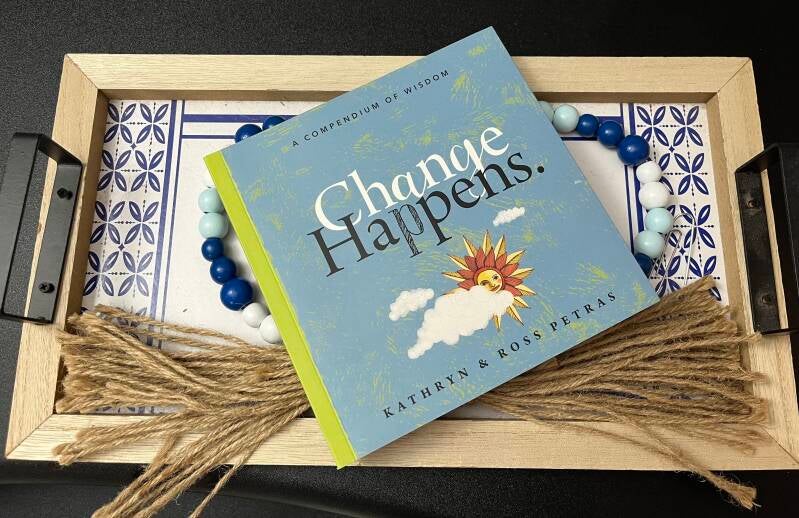
”Fill your paper with the breathings of your heart.” —William Wordsworth
Journaling is my number one counseling tool. It’s something anyone can do—children, teens, and adults alike. The key is finding the right approach, and unlike years ago, there are now so many more options available. I often remind people that journaling feels hard because our thinking around it is skewed. Most of us associate it with the kind of diary we kept as kids—where we either wrote about the worst things that ever happened (“I had to do push-ups at lunch because the gym teacher said I was talking too loud”) or the very best (“I got a note folded into a triangle from my secret admirer!”). Yes, I know I’m showing my age there.
But journaling doesn’t have to be that dramatic. I often tell my patients: Just start with one simple sentence. That’s it. Can you do that? If more words come, great—but giving yourself permission not to write a whole novel is often a huge relief.
Research clearly shows that when we live in a place of gratitude, our lives improve. So start there. Write down one thing you’re grateful for, and see how it transforms your mindset. Another common mistake? People stop journaling once they feel better. But that’s not how you sustain positive change. Journaling should be a habit—even on the good days. Especially on the good days. Just doing it once is a step toward a better life. Make it part of your routine, and watch what unfolds.
This is by far my favorite journaling app, the free version is sufficient for most people, but I LOVE the paid version.


Each day I look for a quote that is significant to the day and then I write a short entry.

Add comment
Comments